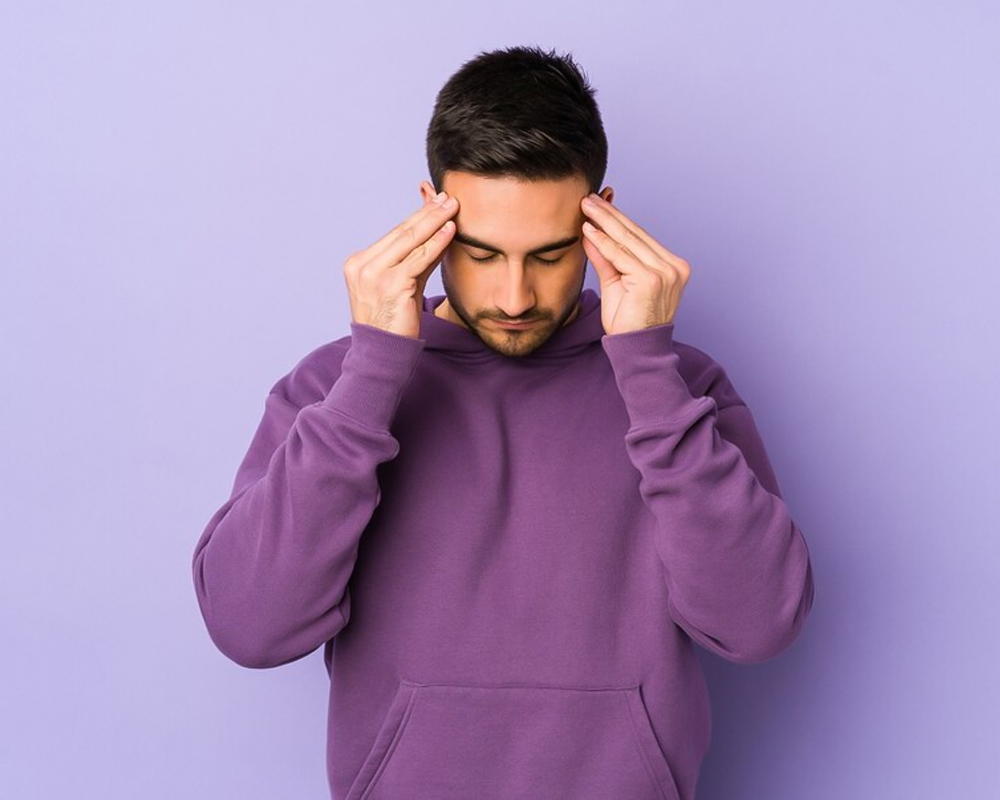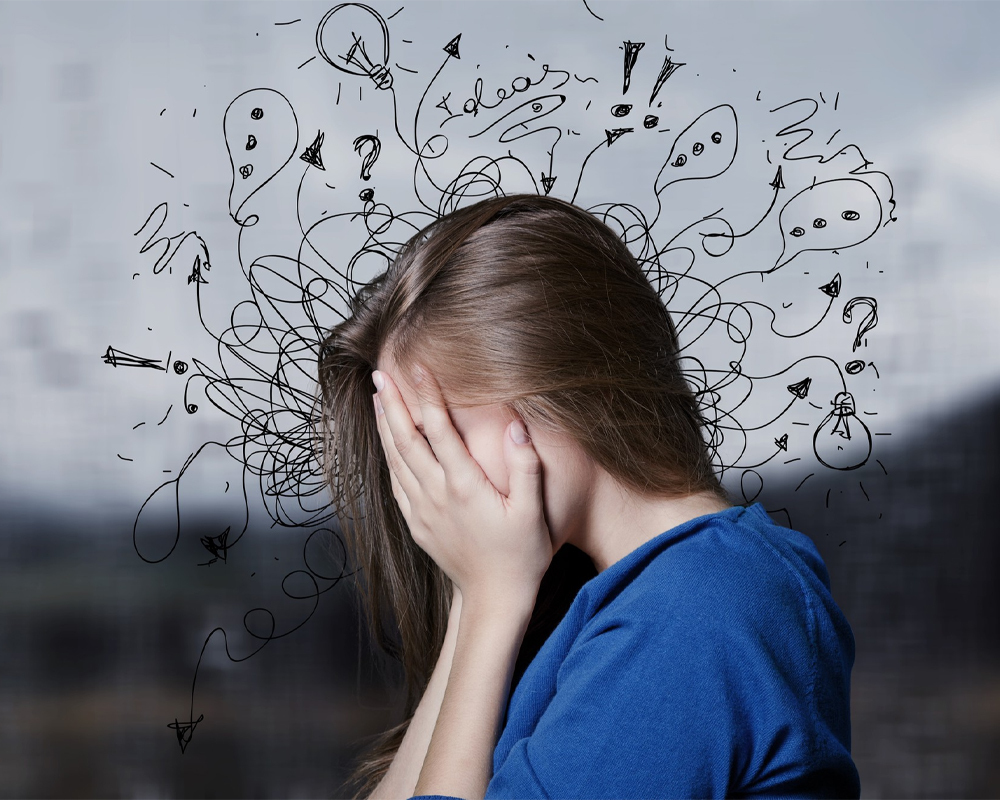Social anxiety is more than just feeling shy or nervous in social situations. For many, it’s a debilitating condition that can interfere with daily life, relationships, and even career opportunities. But is social anxiety a disability? This question has sparked significant debate among mental health professionals, advocates, and individuals living with the condition. In this blog, we’ll explore the complexities of social anxiety, its potential classification as a disability, and how it affects those who experience it.
What Is Social Anxiety?
Social anxiety disorder (SAD), also known as social phobia, is a mental health condition characterized by an intense fear of social situations. People with social anxiety often worry about being judged, embarrassed, or humiliated in front of others. This fear can be so overwhelming that it leads to avoidance of social interactions altogether. Common triggers include public speaking, meeting new people, or even everyday activities like eating in front of others.
While everyone experiences nervousness in social settings from time to time, social anxiety disorder is different. It’s persistent, intense, and can significantly impair a person’s ability to function. But does this impairment qualify social anxiety as a disability? To answer this, we need to delve deeper into what constitutes a disability and how social anxiety fits into that framework.
Defining Disability: A Broader Perspective
The term “disability” is often associated with physical conditions, such as mobility impairments or chronic illnesses. However, disabilities can also be invisible, including mental health conditions like anxiety, depression, and PTSD. According to the Americans with Disabilities Act (ADA), a disability is defined as a physical or mental impairment that substantially limits one or more major life activities.
When we apply this definition to social anxiety, the question “is social anxiety a disability?” becomes more nuanced. For some individuals, social anxiety can indeed limit major life activities, such as working, communicating, or forming relationships. In these cases, it may meet the criteria for a disability under the ADA. However, the severity and impact of social anxiety vary widely from person to person, making it a case-by-case determination.
Is Social Anxiety Disorder a Disability?
To better understand whether social anxiety disorder qualifies as a disability, let’s break it down further. Social anxiety disorder is a recognized mental health condition listed in the Diagnostic and Statistical Manual of Mental Disorders (DSM-5). It’s more than just occasional nervousness; it’s a chronic condition that can disrupt a person’s life. For example, someone with severe social anxiety might avoid job interviews, decline social invitations, or struggle to speak up in meetings. These behaviors aren’t just inconvenient—they can have serious consequences for a person’s career, education, and personal life. In such cases, it’s reasonable to argue that social anxiety disorder is a disability because it substantially limits major life activities.
However, not everyone with social anxiety experiences it to the same degree. Some individuals may have mild symptoms that don’t significantly impact their daily functioning. For them, the question “is social anxiety disorder a disability?” might not apply. This variability is why it’s essential to consider the individual’s experience and the severity of their symptoms.
The Spectrum of Social Anxiety: Mild to Severe
Social anxiety exists on a spectrum, ranging from mild to severe. On the milder end, individuals might feel uncomfortable in certain social situations but can still manage them with some effort. On the more severe end, social anxiety can be paralyzing, making it nearly impossible to engage in everyday activities. When asking “is severe social anxiety a disability?” the answer is more likely to be yes. Severe social anxiety can prevent individuals from leaving their homes, maintaining employment, or forming meaningful relationships. In these cases, the condition meets the ADA’s definition of a disability because it substantially limits major life activities.
It’s also worth noting that severe social anxiety often co-occurs with other mental health conditions, such as depression or generalized anxiety disorder. These comorbidities can further exacerbate the impact of social anxiety, making it even more disabling.
The Legal Perspective: Social Anxiety and Disability Rights
From a legal standpoint, the question “is social anxiety a disability?” has important implications. If social anxiety is recognized as a disability, individuals may be entitled to certain accommodations under the ADA. For example, an employee with social anxiety might request a quiet workspace, flexible scheduling, or the option to work remotely.
However, obtaining these accommodations isn’t always straightforward. Individuals must provide medical documentation proving that their social anxiety substantially limits their ability to perform major life activities. This process can be challenging, especially for those who struggle to advocate for themselves due to their anxiety. Moreover, there’s still a stigma surrounding mental health conditions, which can make it difficult for individuals to disclose their struggles. Many fear being judged or misunderstood, which only adds to the burden of living with social anxiety.
The Personal Impact: Living with Social Anxiety
To truly understand whether social anxiety is a disability, it’s important to consider the personal experiences of those who live with it. For many, social anxiety isn’t just a mental health condition—it’s a constant battle that affects every aspect of their lives. Imagine being too afraid to attend a family gathering, speak up in a meeting, or even make a phone call. These are everyday challenges for someone with severe social anxiety. Over time, the avoidance of social situations can lead to isolation, loneliness, and a diminished quality of life.
For some, social anxiety can also lead to physical symptoms, such as sweating, trembling, or a racing heart. These symptoms can be so distressing that they reinforce the fear of social situations, creating a vicious cycle. In this context, it’s easy to see why many people view social anxiety as a disability.
Treatment and Support: Is There Hope?
While social anxiety can be incredibly challenging, it’s important to remember that it’s also treatable. Cognitive-behavioral therapy (CBT) is one of the most effective treatments for social anxiety. It helps individuals identify and challenge negative thought patterns, gradually exposing them to feared social situations in a controlled way. Medication, such as selective serotonin reuptake inhibitors (SSRIs), can also be helpful for managing symptoms. Additionally, lifestyle changes like regular exercise, mindfulness practices, and joining support groups can make a significant difference.
For those wondering “is social anxiety a disability?” seeking treatment can be a crucial step toward reclaiming their lives. While the condition may never fully go away, many people learn to manage their symptoms and lead fulfilling lives.
The Role of Society: Reducing Stigma and Increasing Understanding
One of the biggest barriers to addressing social anxiety is the stigma surrounding mental health. Many people still view anxiety as a personal weakness rather than a legitimate medical condition. This stigma can prevent individuals from seeking help and make it harder for them to access accommodations.
To change this, we need to increase awareness and understanding of social anxiety. By educating the public about the realities of living with this condition, we can reduce stigma and create a more supportive environment for those affected. Employers, educators, and policymakers also have a role to play. By recognizing social anxiety as a potential disability and providing appropriate accommodations, they can help individuals thrive despite their challenges.
Conclusion: Is Social Anxiety a Disability?
So, is social anxiety a disability? The answer depends on the individual and the severity of their symptoms. For some, social anxiety is a manageable condition that doesn’t significantly impact their daily lives. For others, it’s a debilitating disorder that limits their ability to work, socialize, and function. When asking “is social anxiety disorder a disability?” or “is severe social anxiety a disability?” it’s clear that in many cases, the answer is yes. Severe social anxiety can meet the criteria for a disability under the ADA, entitling individuals to accommodations and support.
Ultimately, the most important thing is to recognize the challenges faced by those with social anxiety and to provide them with the resources and understanding they need. Whether or not social anxiety is classified as a disability, it’s a real and impactful condition that deserves attention and compassion. By continuing to raise awareness, reduce stigma, and advocate for better support systems, we can help individuals with social anxiety lead happier, healthier lives. After all, everyone deserves the opportunity to thrive, regardless of the challenges they face.




